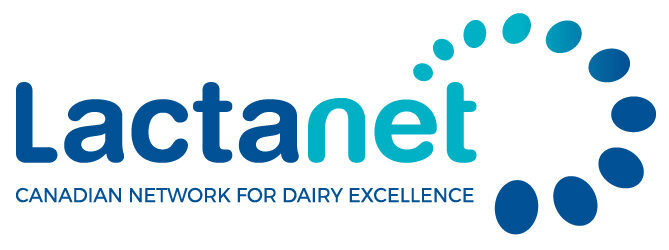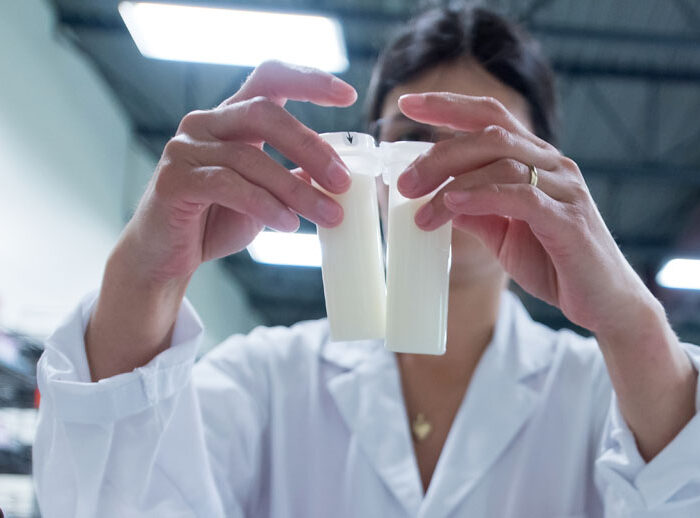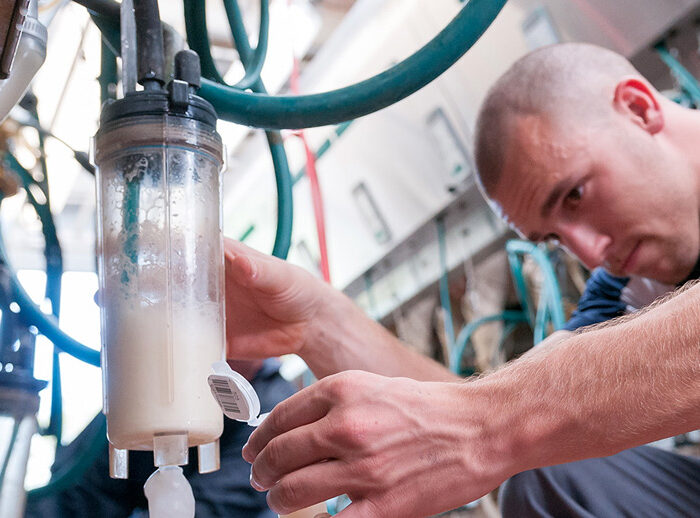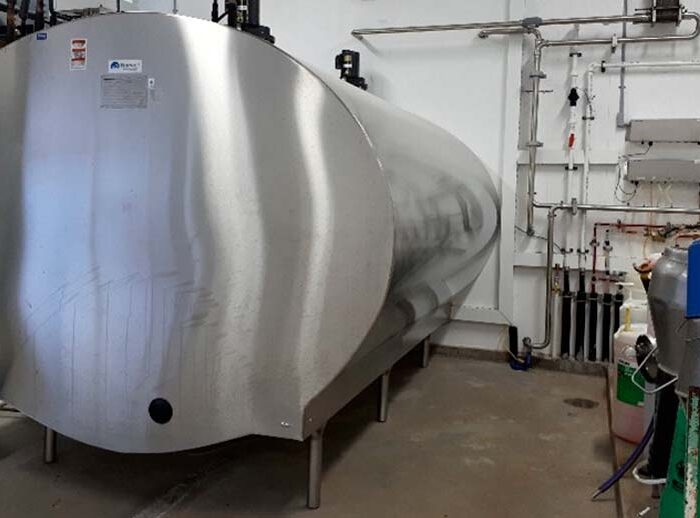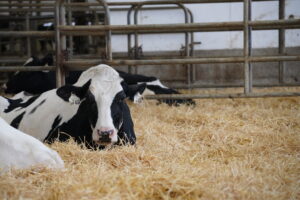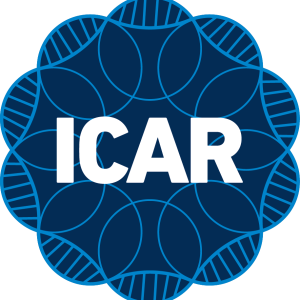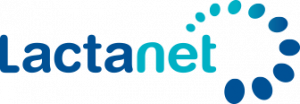
Lab Analysis
Lactanet operates four milk analysis laboratories across Canada to service our customers efficiently. Milk can be analyzed on individual animals or your entire herd. Lab analysis is simple, reliable and affordable so you can focus on the right cows, at the right time, with the right treatment. For added convenience, copies of test results can be shared with your advisor(s) – with permission of course!
Attributing to a productive life, your peace of mind, and impressive herd value, is the health and welfare of your livestock. Profitable dairy cows must produce quality milk, breed often and live a long time. Proactive herd health management further minimizes stress on the cow, identifies possible set-backs early, improves fertility and animal fitness, while reducing unnecessary culling rates, veterinary treatment, and medication costs.
Components & Milk Quality
Milk component analysis such as butterfat, crude protein, true protein, lactose, total solids, solids-not-fat and other solids impacts every dairy farmer. These test results influence business decisions and management strategies everyday as dairy producers know that good-quality milk products can only be produced from good-quality milk.
Milk can also be tested at the bulk tank for adulteration, hygienic/physical/chemical characteristics, bacteria, or residues. The collection and transport procedures require special instructions so please call our lab for more information.
- Fat levels vary during a milking session and cream will separate in the bulk tank, therefore samples sent to the lab must be truly representative;
- Results for fat and lactose for individual cows are expressed in kg/100 kg while bulk tank results are expressed in kg/100 litres of milk – you can go from one unit to another by multiplying the kg/100 kg of milk by 1.03;
- Protein results are expressed as kg of crude protein/100 kg of milk for individual cows and as kg of true protein/100 liters of milk for bulk tanks – you can convert between kg crude protein/100 kg to true protein/100 liters first by subtracting 0.19 and then by multiplying by 1.03.
Somatic Cell Count (SCC)
Somatic cell count (SCC) monitors the health status of mammary glands in dairy cows and evaluates milk quality. SCC’s identify cows with sub-clinical mastitis as they may show no physical signs of infection, but are often less productive. Producing milk with low SCC is a necessary and profitable management practice and the earlier you treat infected cows, the more productive your herd will be. You can also reduce medication use and costly veterinary care.
Reliable SCC information is generated through routine milk testing making it easy and affordable. The report includes SCC levels for individual cows, lactation groups, and the herd, along with projected production loss and historical tracking.
sDCT is a best management practice addressing antimicrobial resistance, mastitis prevention, and animal welfare. Since not all cows require antibiotics at dry-off, dairy farmers and veterinarians are reconsidering their practice of blanket dry cow therapy. sDCT programs rely heavily on SCC data and our NEW Udder Health sDCT report takes your existing SCC data and analyzes if your herd is a good candidate to consider sDCT and flags which cows to consider. Discuss this option with your vet as a proactive approach to reducing antibiotic use in your herd.
The NEW Udder Health sDCT report is available at no extra charge to herds enrolled on SCC analysis. To receive the report, contact customer service.
GestaLab (Milk Pregnancy Test)
Reproductive performance is vital to all successful dairy operations and the earlier pregnancy is detected the better. Milk pregnancy testing is an easy, fast and affordable option for confirming pregnancies in your herd. Achieve higher pregnancy rates, optimum calving intervals and reduce days open by detecting open cows quickly and returning them to service.
KetoLab (Subclinical Ketosis)
Subclinical ketosis is a common disease in early lactation that can be very costly causing lower milk production, negative reproductive performance, and a higher incidence of mastitis and other metabolic diseases. Studies have shown that subclinical ketosis can affect as many as 40% of cows in early lactation and the only way for it to be monitored is to test for it, as visible signs are often not present.
When a cow uses her fat stores as an energy source, ketone bodies are produced. In excess, their presence leads to a condition knows as ketosis. KetoLab measures ketone bodies from a milk sample to help you detect problems before they occur and can improve overall animal health and measure post-treatment recovery.
- An overview of ketosis status and risk within the herd at 5-21 Days in Milk (DIM) and 22-42 DIM;
- Individual cow results between 5-90 DIM;
- Age of cows and percentage with elevated ‘Positive’ beta-hydroxybutyrate (BHB) levels;
- Herd trends for the last 10 Lactanet tests;
- 3-month period results.
Milk Urea Nitrogen (MUN)
MUN analysis acts as a flag that signals when your feeding program may not be in balance, resulting in lower milk production, higher feed costs, decreased fertility, and more nitrogen excreted into the environment. The test results are used to monitor rumen function and determine if the feed ration’s protein is broken down into nitrogen in dairy cows.
MUN is the measure of the level of urea in the milk. A high concentration of ammonia is toxic to body tissues and excess is absorbed through the rumen wall. The test can be part of your regular milk sample collection or upon request and is an excellent management tool for a more productive and sustainable herd.
- Be offered to individual cows or at the bulk tank, as both complement each other;
- Fine tune rations and adjust feed changes;
- Prevent overfeeding of protein;
- Identify when the wrong type of protein exists in the diet;
- Balance the sequence of feeds or presentation methods;
- Establish a baseline at the herd and group level;
- Control feed expenses.
Paratuberculosis and Leukosis Detection
Paratuberculosis (or Johne’s disease) and leukosis are infectious illnesses that can lead to major financial losses in a herd. Thanks to a prevention and biosafety program established with your veterinarian, we offer the paratuberculosis and leukosis detection in milk, both for the herd (sample and bulk tank) and individual cows. Ask your veterinarian who will advise you on the best detection strategy for your herd.
All services are available to all dairy producers either with your regular milk recording, or on samples collected for specific diagnostics.
Fast, convenient, reliable, and noninvasive
At Lactanet, we have four milk testing labs across Canada that provide you with answers to help your cows feel and move better. They will in turn pay it forward with nutrient-rich dairy milk.
Total bacteria count in your bulk tank milk is offered as a special analysis. It requires specialized materials and specific precautions for sampling and transportation. It’s important to contact our milk quality laboratory to get the materials needed and understand the procedures to follow.
Contact our laboratory if you wish to analyze the foreign water rate in your bulk tank milk.
For most of our analyses, we use Fourier transform infrared spectroscopy of the latest generation. These devices offer a particularly high sensitivity, resolution and data acquisition speed. In fact, they can test over 600 samples per hour.
Thanks to the evolution of infrared technology, we can now measure with better accuracy, allowing us to develop new analyzes that will profit dairy producers for years to come.
Other Analysis Available In Your Region
Ontario & Western Canada
Mastitis continues to be the most significant contagious disease of dairy cattle and early detection is necessary to control infection for sustainable dairy production. Using your regular milk sample, Mastitis4 is a fast, reliable and targeted milk DNA test that identifies the presence of four mastitis contagious pathogens: Staph. aureus, Strep. agalactiae, Mycoplasma bovis, and Prototheca, which is untreatable.
Mastitis4 results will provide the information you need for disease intervention, managing effective treatment, preventing production loss, and maintaining a healthy herd.
Mastitis4 Testing Options
- Entire herd;
- Selected cows: such as newly purchased or showing repeated signs of clinical mastitis;
- Cows presenting high SCC: samples can automatically be directed from the SCC test to the Mastitis4 test.
Quebec
Milk fatty acid profile testing of bulk tank samples can provide information on your cows rumen health status. Proper use of the results can help to adjust the rations or optimize feed management practices. Lactanet is one of the first organizations in the world to offer this advanced analysis called PROFILab.
The analysis results are available to all Quebec producers who choose to subscribe to the service, regardless of whether they use milk recording services.
PROFILab can help:
- Adjust your ration or silage quality;
- Detect forage changes that went unnoticed;
- Identify feedbunk competition and overcrowding;
- Optimize feed management practices;
- Consider cow comfort and feed access;
- Improve profit margins and support a reduced carbon footprint.
Whether it’s to ensure your dairy cows’ health and productivity or to comply with proAction requirements, let us analyze the drinking and cleaning water of your dairy farm.
Trust us for your forage, silage and other cow feed analysis. With our analysis results, you will be able to adapt the silage methods and ration compositions of your dairy cows to increase your production and improve your feed margin.
